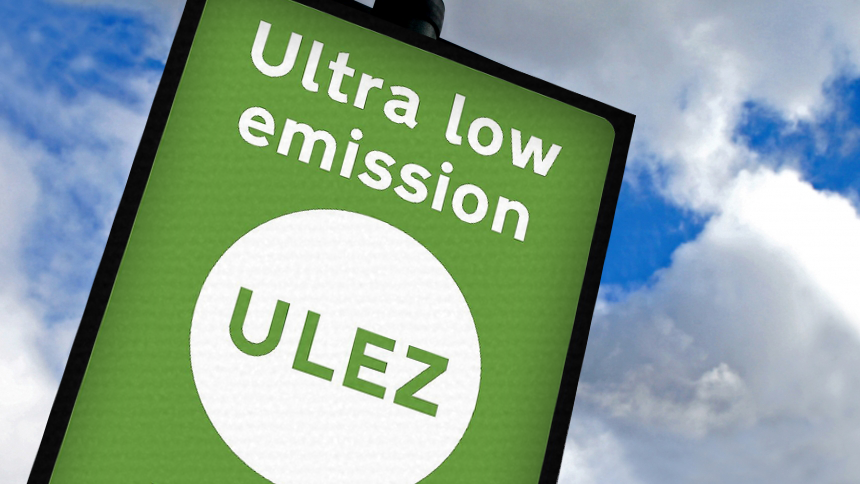Could electric vehicle up-take force through pay-per-mile taxation?
A think tank is recommending that the government consider pay-per-mile vehicle tax to help plug fuel duty hole

A government think tank has crunched the numbers around vehicle tax and fuel duty and is advising that in the future, a pay-per-mile vehicle tax model for electric vehicles might be the best road for the UK to use.
The news comes after the Centre For Policy Studies (or CPS which is a centre-right think) conducted a study which looked at the future of road travel factoring in an increase in electric vehicle usage. It has concluded that when more people make the switch to electric (predominantly electric cars as electric motorcycle use in the UK is negligible by comparison), the government will be left with a gaping black hole in its finances from lost fuel duty. The amount is reported to be around £25 billion, and that money will have to (according to the CPS) come from other means.

The CPS is proposing that non-zero emissions vehicles be taxed in the traditional way
It is proposing that a pay-per-mile model be drawn up for electric vehicles, which would be charged a flat rate for every mile travelled on the UK’s road network. It is claimed that this system would see those driving zero-emissions vehicles paying a significantly lower amount than those vehicles still using fossil fuels - which would be taxed in the traditional manner. The CPS is also putting forward the idea of all vehicles regardless of fuel type switching to this model should it improve air quality enough...
While this sounds fair enough in a political utopia, we can spot some flaws with the system. For one thing, the CPS has also revealed that of the £33 billion UK drivers paid in fuel duty in 2021/2022, only £5.4 billion was spent on national roads, and £6.4 billion on local ones. Surely if the government is looking to plug the gap in expenses and force drivers onto a new model of taxation and transportation, that money should actually be used to repair the roads that all drivers use? The scheme also creates other questions, particularly around how it will be monitored and how it will take into account private vehicles that are used frequently on privately owned land.
You can read the full CPS report ‘The Future of Driving’ on the official website.








